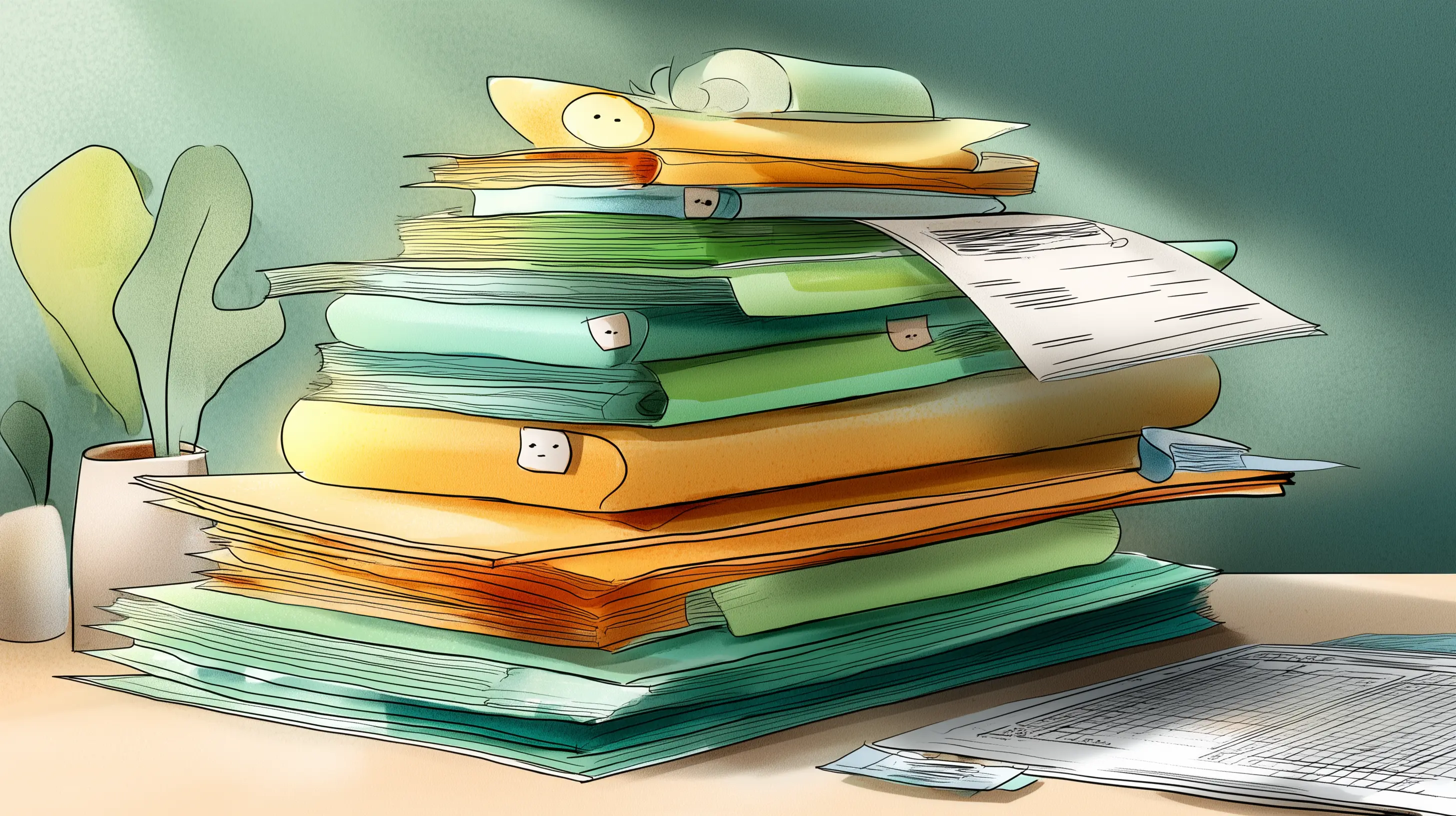Requirement: Work for several different households, not just one family.
- Minimum: At least 3 active clients
- Recommended: 5+ regular clients to demonstrate economic independence
- Why: Working for only one household makes you look like their employee
Example: Clean for the Schmidt family Mondays, the Garcia household Wednesdays, and the Chen family Fridays—plus occasional one-time deep cleans for others.
Requirement: Operate under your own business name and market yourself publicly.
What this looks like:
- Register a trade name: "Maria's Professional Cleaning Services"
- Create business cards with your company name
- Build a simple website or social media presence
- Issue professional invoices on your business letterhead
- List yourself in local directories
Not acceptable: Just saying "I'm Maria, I can clean for you" without any business infrastructure.
Requirement: You decide how and when work gets done—clients don't supervise you like employees.
You should:
- Set your own working hours in consultation with clients
- Choose which jobs to accept or decline
- Determine your own cleaning methods and order of tasks
- Have the freedom to hire help or subcontract if needed
Red flag: If a client tells you "You must arrive at 9 AM sharp, use these specific products, and follow this exact checklist," that's supervision—which suggests employment.
Requirement: Provide all tools and materials yourself, like a professional cleaning company.
You need:
- Your own vacuum cleaner (CHF 200-400)
- Mops, buckets, brushes (CHF 50-100)
- Full stock of cleaning products (CHF 100-200 initially)
- Microfiber cloths, gloves, protective gear (CHF 50-100)
- Transportation to job sites
Why this matters: If clients provide everything and you just "show up," you look like their household helper—not an independent business.
Requirement: Run a real business that could profit or lose money.
This means:
- Setting your own prices (not accepting whatever clients offer)
- Invoicing clients and handling non-payment risk
- Covering all expenses (supplies, equipment, insurance, taxes)
- Pricing to cover costs + profit margin (see Section 5)
Calculate your rates to include:
- Your labor (CHF 25-30/hour net)
- Equipment and supplies (5% of job cost)
- Social insurance contributions (10% of income)
- Transportation and overhead (5%)
- Profit margin (10-15%)
Requirement: The overall relationship must genuinely be business-to-business, not employer-employee.
AHV asks:
- Do you advertise your services publicly?
- Can you work for competitors without restriction?
- Do you issue proper invoices with payment terms?
- Are you integrated into the client's household like staff?
The key test: If it walks like employment and quacks like employment, AHV will call it employment—regardless of what you label it.


